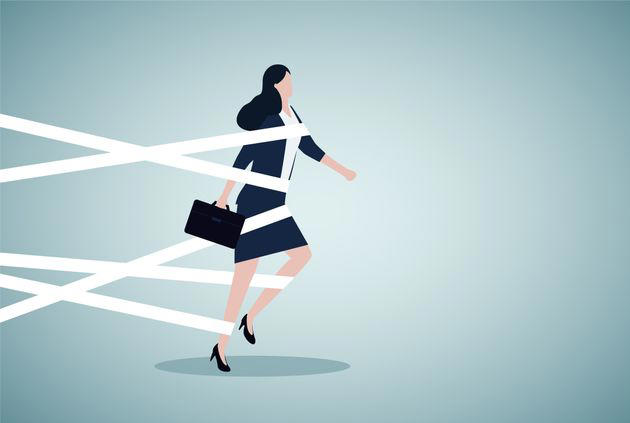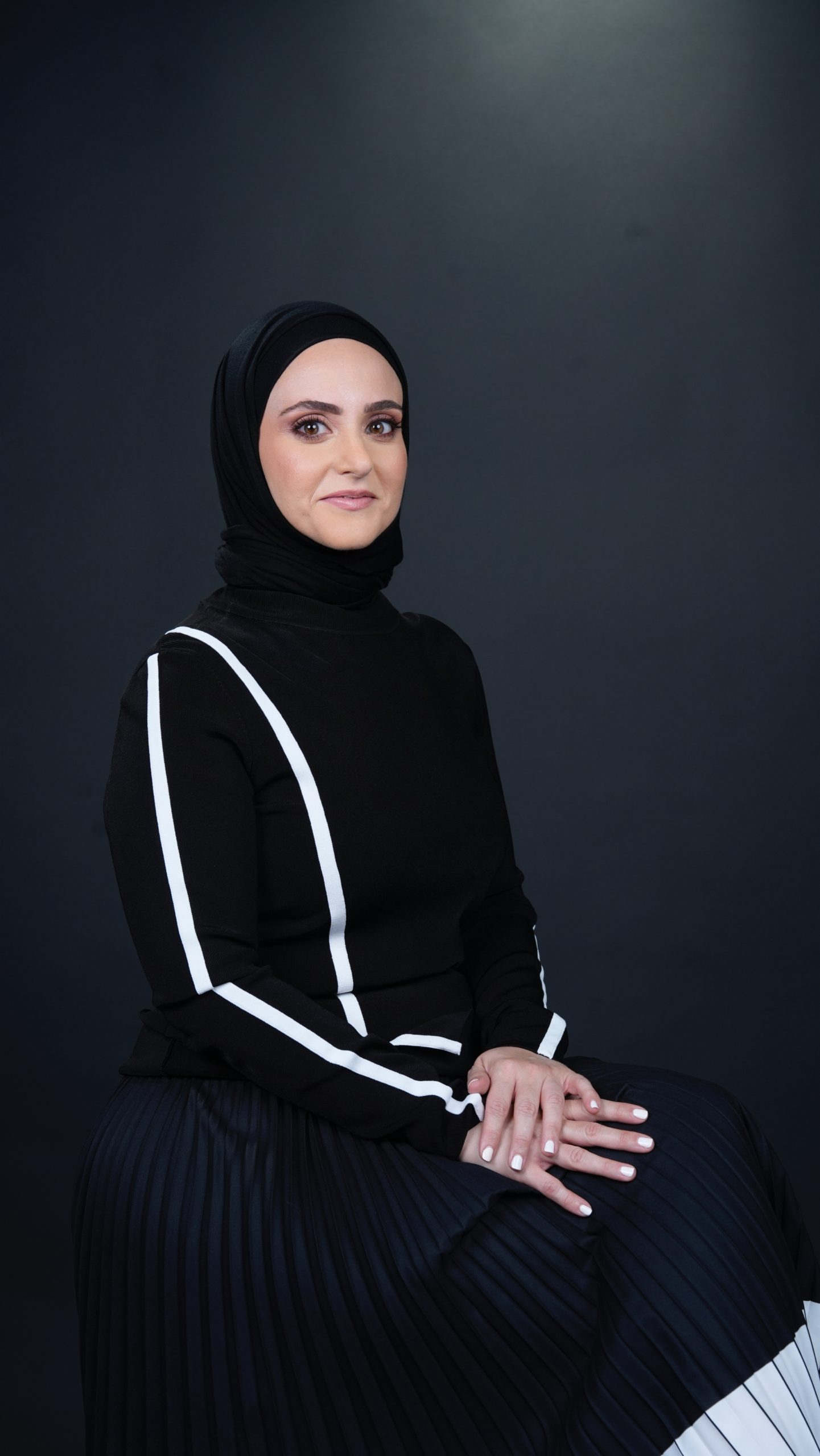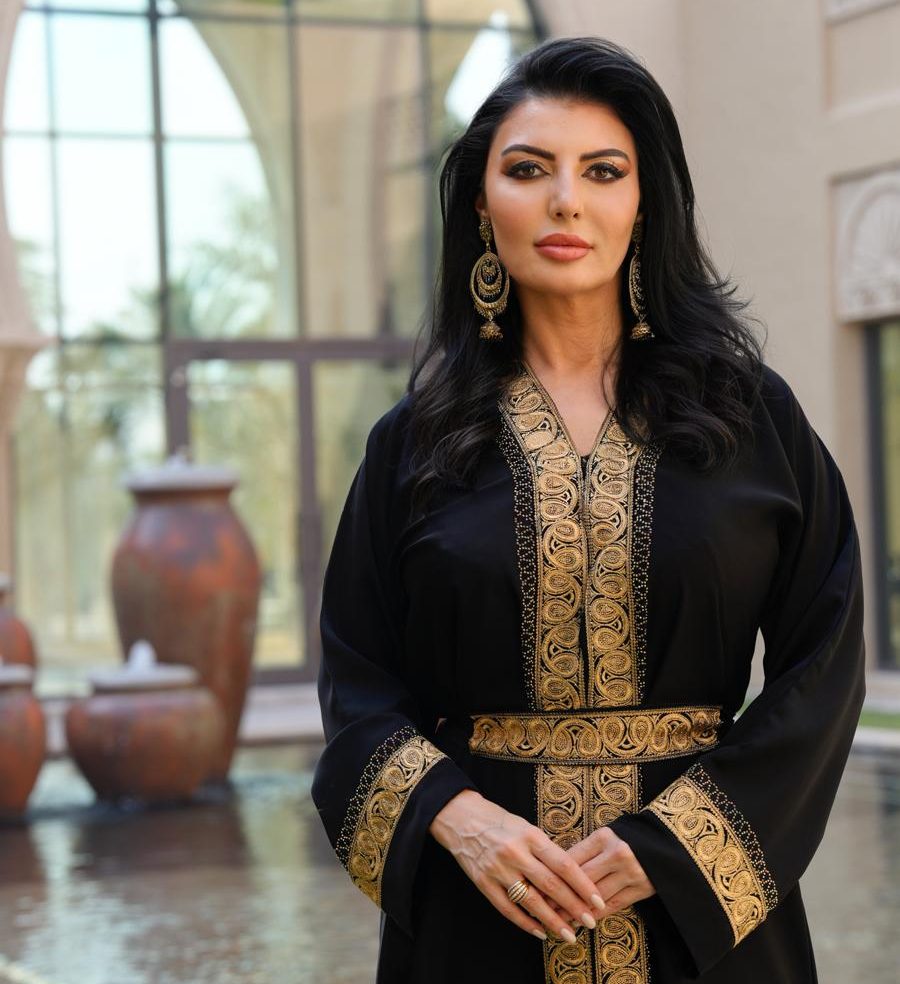For men, middle age can often be the era of their professional peak. Their 40s and 50s can be their prime earning years. Their family transitions are more likely to be valued, too. When men have children, they can benefit from what researchers call the “fatherhood bump” in pay, because they are now subconsciously seen as more mature and committed to work. And as men age, their wisdom is valued and they can become sought-after mentors to colleagues, according to sociologists.
In other words, for men, the work and life experiences that come with age are frequently considered an asset. But as recent preliminary research from Harvard Business Review demonstrates, for women, it can be a completely different story.
Researchers Amy Diehl, Leanne M. Dzubinski and Amber L. Stephenson surveyed 913 women leaders who work in higher education, faith-based nonprofits, law, and health care with open-ended questions designed to uncover the different types of bias they may have experienced in their careers. The findings, which are undergoing peer review at a journal, show that gendered age biases are still alive and thriving in many workplaces.
What Diehl, Dzubinski and Stephenson discovered is that there is no mythical “prime” working age or “sweet spot” for professional women. Women under 40 in the study saw their experience and credibility dismissed because of their age, while women between 40 and 60 ― what the study considered middle age ― continued to experience gendered ageism, too.
“There was always an age-based excuse to not take women seriously, to discount their opinions, or to not hire or promote them,” the researchers wrote.
Diehl told HuffPost that since the article’s publication, she has read feedback from women saying, “This is exactly my experience. I was too young and then overnight I was too old.”
In the study, middle-aged women were seen as “difficult to manage” and had “too much family responsibility.” But their male counterparts did not face that same bias.
Ageism is often still seen as one of the last socially acceptable forms of work discrimination.
“Unlike other types of bias or prejudice that surround different identity factors, we are far more overt in how we talk about age and how we comment about age, or make jokes about age,” Stephenson, one of the study’s researchers, told HuffPost.
One example from the survey highlights how gendered ageist comments against middle-aged women are openly shared during hiring processes.
As the researchers wrote in Harvard Business Review, “One college leader described how some search committees chose not to hire women in their late forties because of ‘too much family responsibility and impending menopause.’ Other search committees declined to hire women in their 50s because they have ‘menopause-related issues and could be challenging to manage.’…Yet the jobs were given to similarly aged men.”
“You’re not seen as middle age, you’re seen as old, whereas your comparable male counterpart is seen as in his prime time,” Diehl said about the gendered ageism that women ages 40-60 can face.
“Whenever you’re perceived to be middle aged, you’re perceived to have family issues, menopause-related issues, or you’re just difficult to manage,” Diehl continued.
As they do grow older and more mature in their careers, [women] lose some of the fear of speaking their mind. And certain men don’t like that.Gender equity researcher Amy Diehl
These kinds of invalidating comments can also come from a place of wanting to keep women below men.
“As they do grow older and more mature in their careers, [women] lose some of the fear of speaking their mind. And certain men don’t like that,” Diehl said. “Men will allow women into the workplace … and will be supportive of women in the workplace to the extent that women are compliant, supportive of the men, and they don’t push back.”
Nancy Hanks, a senior partner at a management consultant organization, said the survey’s findings align with her experiences. Hanks said there were times that her expertise was discounted when she was an elementary school principal at age 29. But she said it is still taking place in her early 40s, in a different way.
“When you’re in rooms and you’re more willing to speak up for yourself, you’re more willing to be seen to take up space. You’re just a more confident leader. Sometimes that can be very intimidating, right?” Hanks said.
“It’s kind of a dirty little trick. I’ve become more confident, I’ve become more established and maybe more experienced, but now that is seen as a threat or as a negative,’” Hanks added.
Systemic changes need to happen to fix gendered ageism in the workplace.
To stop pervasive gendered ageism against women, it is going to take everyone’s effort to call out when it’s happening and to make it clear that it is not an acceptable workplace norm.
Diehl cited the search committee story, in which the middle-aged women candidates whose experiences were discounted were not in the room to push back for themselves, as an example of this.
“The allies need to stand up in the moment and say, ‘Hey, that’s not right. We shouldn’t be discounting this person, because of their age or because they have family responsibilities,’” she said.
There was always an age-based excuse to not take women seriously, to discount their opinions, or to not hire or promote them.Researchers Amy Diehl, Leanne M. Dzubinski and Amber L. Stephenson
Hanks advises employees and leaders to take ageism seriously as a form of discrimination.
“The fact that we’ve been able to talk about it so casually and make jokes about it, I think actually puts us in a really dangerous place,” Hanks said. “Anything that categorizes us, anything that allows us to make … assumptions, anything that allows us to build on existing biases, is going to be really hard. And we know it’s going to be double hard for people who are already in the margins.”
Stephenson noted that the onus is not on women to address gendered ageism but that it’s helpful for middle-aged and older women to remember their value — because age discrimination can make them feel as though their contributions are no longer relevant.
“We do add value. What does that value look like for each of us … individually? Understanding that is powerful,” she said.












